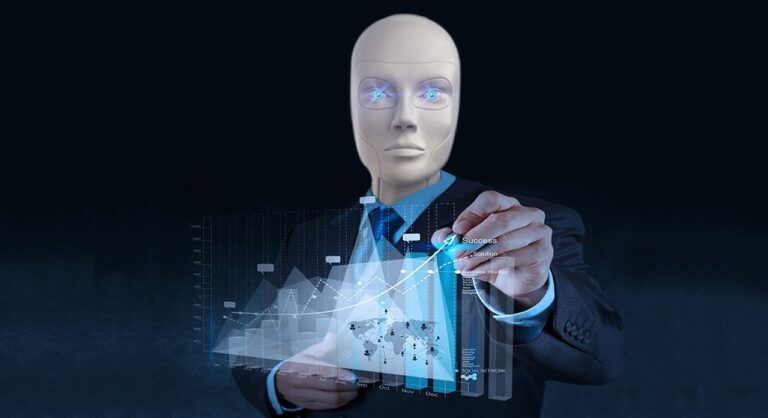The Future of Work: How Automation and AI Are Reshaping Job Roles
As technology continues to advance at a rapid pace, traditional job roles are facing significant transformations due to automation. Tasks that were once performed solely by humans are now being automated by machines and software. This shift has led to increased efficiency and productivity in many industries, but has also resulted in job displacement for those whose roles can be easily automated.
The impact of automation on traditional job roles is reshaping the workforce as we know it. Many repetitive and routine tasks have been taken over by machines, allowing human workers to focus on more complex and creative aspects of their jobs. However, this also means that workers need to adapt and acquire new skills to remain competitive in the age of automation.
The Rise of Artificial Intelligence in the Workplace
Artificial Intelligence (AI) continues to revolutionize the workplace, transforming how businesses operate and empowering them with advanced capabilities. From predictive analytics to virtual assistants, AI technologies are enhancing efficiency and decision-making processes across various industries. Companies are increasingly adopting AI to streamline operations, boost productivity, and deliver personalized experiences to customers.
As AI becomes more prevalent in the workplace, it is reshaping job roles and creating new opportunities for employees to upskill and adapt to the changing landscape. While some fear that AI may replace human workers, the integration of AI is actually leading to the creation of novel job roles that require uniquely human skills such as creativity, critical thinking, and emotional intelligence. In this rapidly evolving environment, individuals who embrace continuous learning and develop a diverse skill set will be well-positioned to thrive in the age of AI.
Skills Needed in the Age of Automation and AI
In today’s rapidly evolving workplace, it has become increasingly essential for employees to adapt and hone their skill sets in order to thrive in the age of automation and artificial intelligence. Employers are now seeking individuals who possess a strong foundation in technical expertise, critical thinking, and problem-solving abilities.
One of the most crucial skills needed in this new era is the capability to continuously learn and upskill to keep pace with the advancements in technology. As automation and AI continue to reshape industries and job roles, employees must embrace a growth mindset and be open to acquiring new knowledge and competencies.
• Adaptability and willingness to learn
• Technical expertise and critical thinking skills
• Problem-solving abilities
• Growth mindset and openness to upskilling
How is automation affecting traditional job roles?
Automation is changing the landscape of traditional job roles by replacing routine tasks with technology-driven solutions. This may lead to the elimination of certain jobs while creating new opportunities in emerging industries.
What is the role of Artificial Intelligence in the workplace?
Artificial Intelligence is being increasingly integrated into the workplace to streamline processes, enhance decision-making, and improve efficiency. AI technologies can automate repetitive tasks, analyze data at scale, and provide valuable insights for businesses.
What skills are essential in the age of automation and AI?
In the age of automation and AI, it is crucial to develop skills such as critical thinking, problem-solving, adaptability, creativity, and emotional intelligence. These skills will help individuals navigate the changing job market and thrive in roles that require human-centric capabilities.
How can individuals prepare for the impact of automation and AI on their careers?
To prepare for the impact of automation and AI on their careers, individuals can invest in continuous learning, upskilling in relevant technologies, fostering a growth mindset, and staying updated on industry trends. Embracing change and being open to acquiring new skills will be key to staying competitive in the evolving job market.







